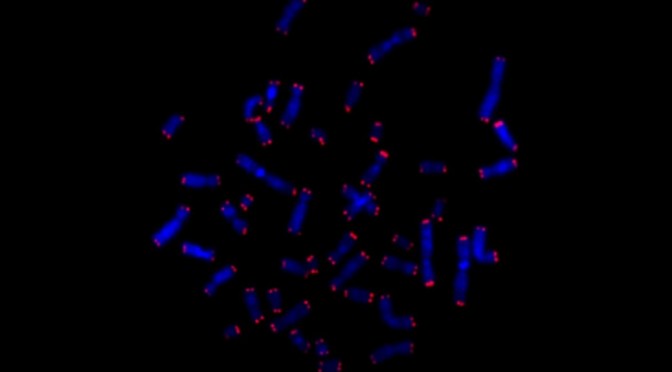Telomere shortening causes mitochondrial dysfunction
In a new paper DePinho and colleagues investigate the effect of telomere shortening on mitochondrial function. When telomeres get shorter the tumor-suppressor p53 gets activated. In fast dividing cells (e.g. stem cells) this leads to cell cycle arrest and thus stem cell depletion. However, until now the effect of telomere shortening on post-mitotic cells was neglected. In this new study it is shown that telomere shortening in post-mitotic cells inhibits the transcription of PGC-1alpha and PGC-1beta, two master regulators of gene expression of mitochondrial proteins. This leads to mitochondrial dysfunction as evidenced by reduced mitochondrial DNA content and density, reduced oxygen consumption during state III respiration, decreased ATP synthesis, and increased ROS levels. The mice with short telomeres also exhibited heart problems such as age-progressive dilated cardiomyopathy with left ventricular wall thinning, increased left ventricular diameter, and reduced fractional shortening.
Sahin et al. Telomere dysfunction induces metabolic and mitochondrial compromise. Nature, 2011 [e-pub before print].

